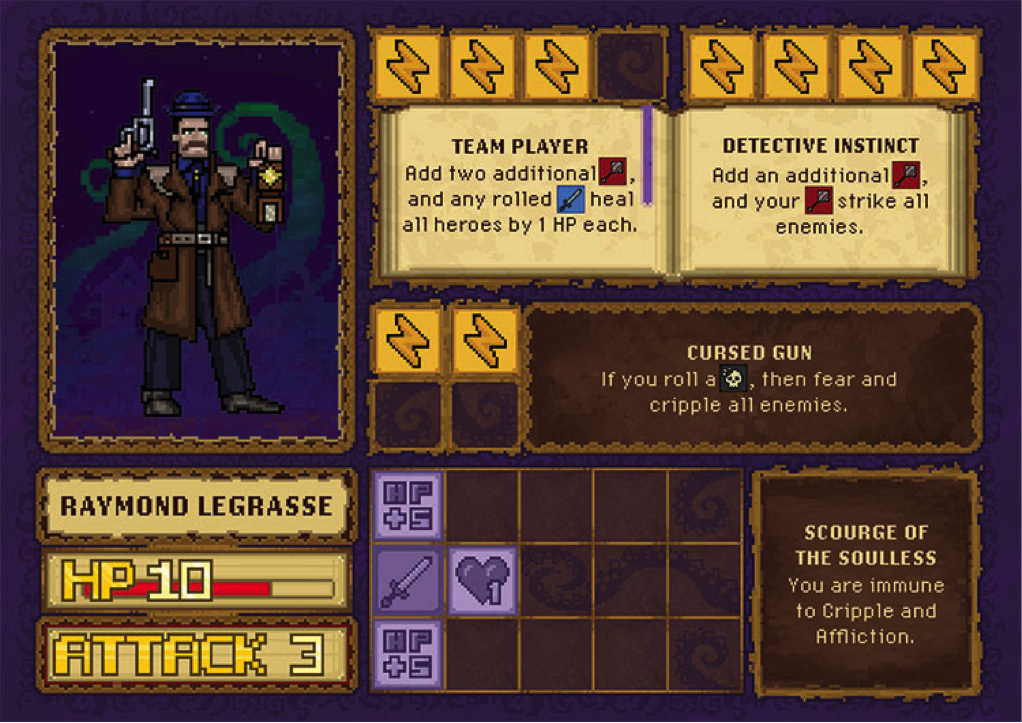8-Bit Attack by Petersen Games is a game of manic cooperative battle, inspired by the old side-scrolling console games we all loved. Each player controls a gallant 8-bit hero who, with his friends, must take out a series of mini-bosses.
Power-up your heroes until they’re tough enough to take on the final boss- none other than Cthulhu himself! The five expansions to 8-Bit Attack add new final bosses in their own way as tough as Cthulhu.
You’ll need to apply both tactics and strategy as you work with your friends to defeat the fearsome foes. Three of the many game elements to assist with this are Ascension, Potions, and Runes.
A single Ascension is huge – you get an extra combat die, a new active ability, and a new passive ability. It’s terrific. Of course, it costs 2 medals. My son Lincoln always goes for Ascensions first. I’m not sure agree with his theory here.
I really like getting the potion sets. With a full set of potions, a hero can survive 2-3 extra rounds with the health potion, fire off 1-2 extra abilities with the energy potion, and then survive another 4-5 rounds PLUS fire off more abilities with the resurrection potion.
I think it’s better than an Ascension any day. Of course, it’s just one-use, as opposed to the Ascension’s permanent boost. Who’s right, me or Link? Hard to say. I think my plan of getting the potions is better if you then use those potions to take on a significantly higher Assault. In effect you’ve then paid 1 medal (for the potions) to earn perhaps 3 more. Well worth it, if you can pull it off.
But let’s talk Runes. Unlike an Ascension or set of potions, a single Rune won’t change everything, but it certainly makes a difference. It’s like an always-on buff in a sense. For example, look at this randomly drawn hero: Ava the Adventurous.
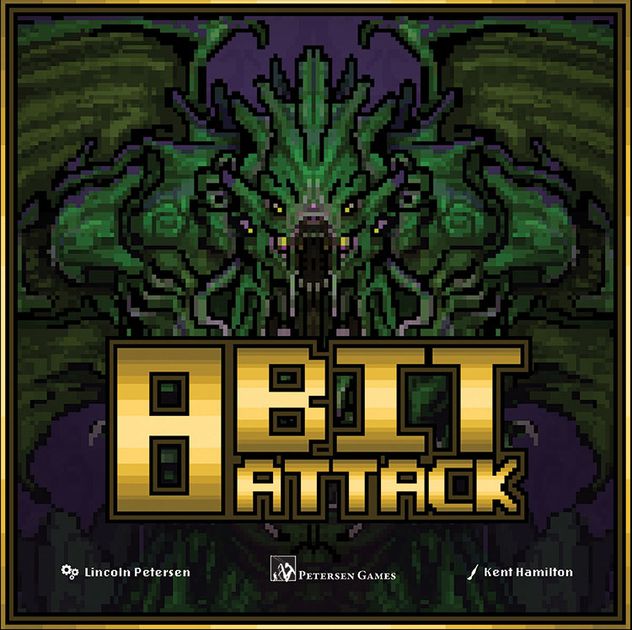

Her first Rune is HP+5. An extra 5 Hit Points typically lets her survive 2 more rounds of combat without needing a heal, depending on her enemies. She might last even longer against some foes. Two extra rounds mean two extra attacks for her, possibly enough to finish off an enemy or to get enough energy for another ability.
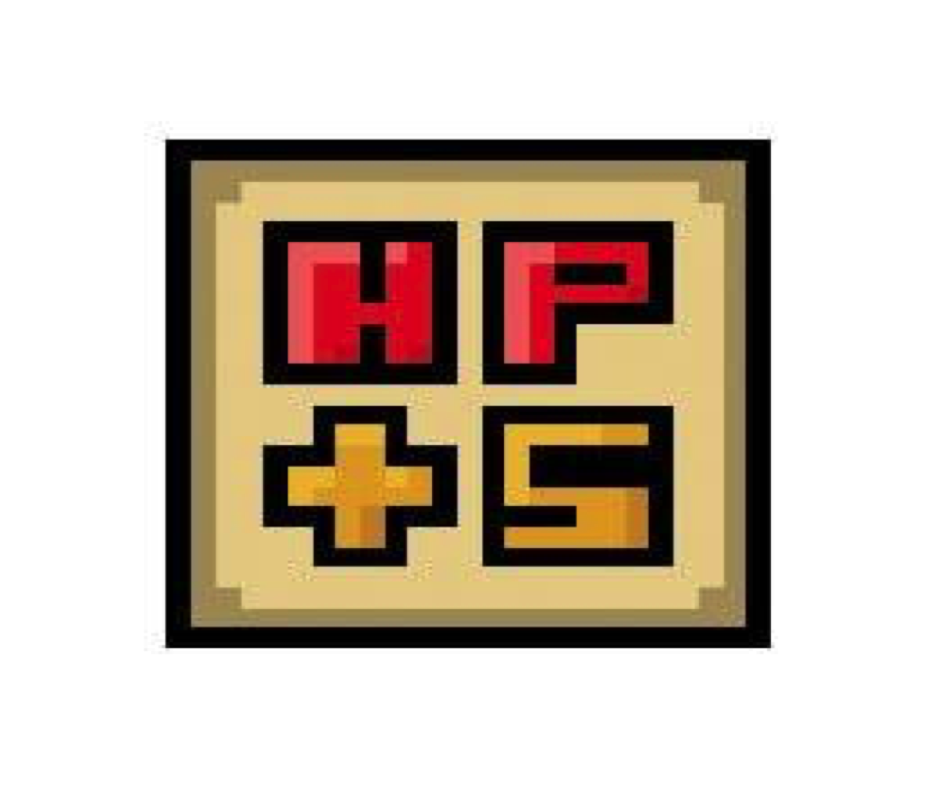
Her second Rune is two slow armor. This is even better than the extra Hit Points, but only if she is being targeted by the right enemy. The King in Yellow champion for instance, only inflicts fast hits, so her armor is useless. But the Hellhound champion inflicts 2 slow hits in a counterattack, which means she can attack the Hellhound with impunity. That’s priceless. So, this Rune is situationally valuable.
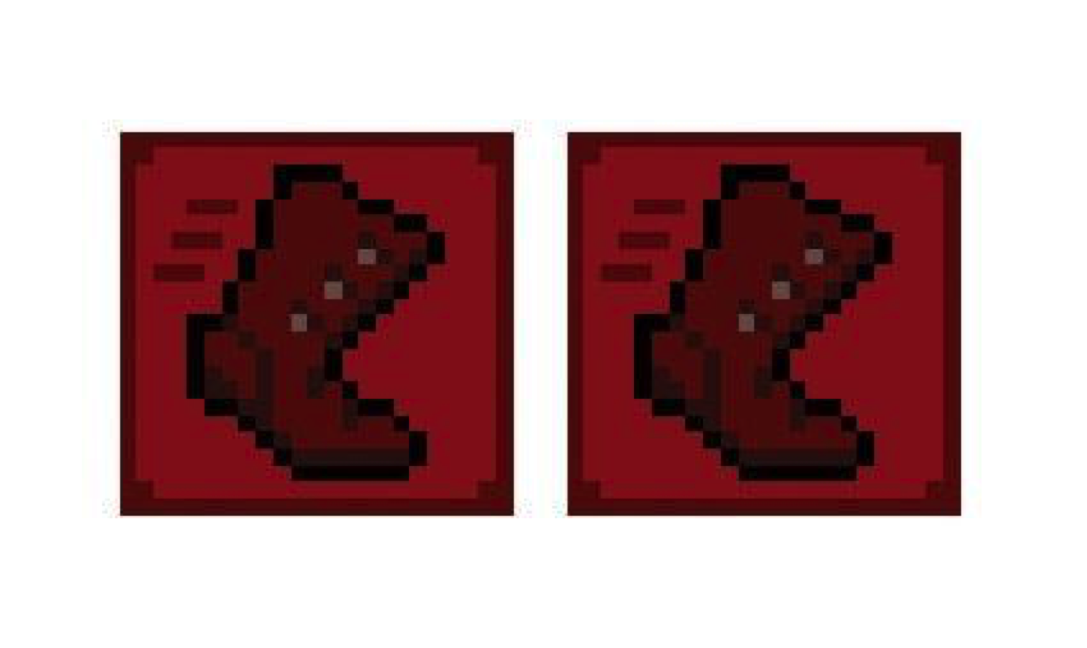
Her third Rune is an extra fast damage for every attack. It’s like rolling a whole extra die every turn – a predictable one! Most characters seem to manage to last 3-4 rounds in combat. This means the damage rune lets her inflict 3-4 extra damage, about half the hit points of a minion.
So, if she rolls into action without the damage rune, she’ll probably be able to kill 1 Minion in her 3-4 rounds of life. But with the damage rune, she can kill her own enemy quicker, and then kill off half of another player’s Minion. This has a snowball effect, letting all the players take less damage and finish their foes faster. Is it better than her two protective runes of Hit Points or Armor? It kind of depends on your play style.
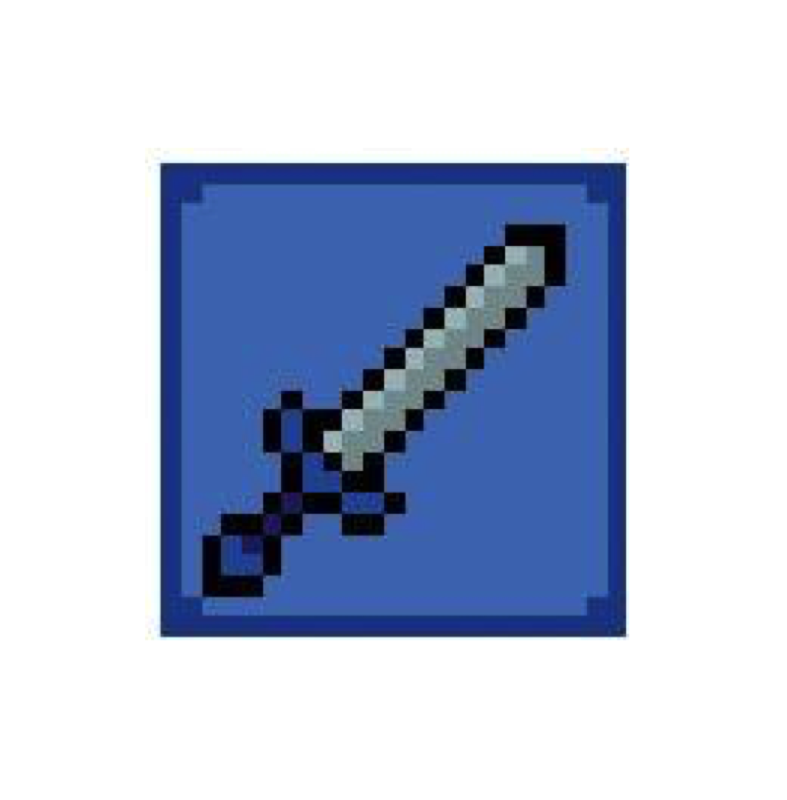
If you like precision, I’d go for the hit points. They’re reliable. If you’re a gambler, I’d go for the slow armor – it can be great vs. the right enemy. If you fall somewhere between these extremes, I’d say go for the fast attack.
Or even more sensibly you could look and see what your fellows have for their abilities and boosts? If they are able to give everyone slow armor, you probably don’t need bonus slow armor on top of that. If they give everyone fast attacks, you may want your fast attack to add to it and make it even more effective. If they suck at healing, you may want the extra Hit Points for survival purposes.
The take home message is that you must craft your hero over the series of battles to get him or her tough enough to take on that final boss, and you have lots of choices in how to do this.
About Sandy Petersen
Sandy got his start in the game industry at Chaosium in 1980, working on tabletop roleplaying games. His best-known work from that time is the cult game Call of Cthulhu, which has been translated into many languages and is still played worldwide.
He also worked on many other published projects, such as Runequest, Stormbringer, Elfquest and even the Ghostbusters RPG, and was instrumental in the creation of dozens of scenario packs and expansions. He also acted as developer on the original Arkham Horror board game. In 2013 he founded Petersen Games which has released a series of highly successful boardgame projects, including The Gods War, Evil High Priest, and the much-admired Cthulhu Wars. His games have sold tens of millions of copies worldwide, and he has received dozens of awards from the game industry.
